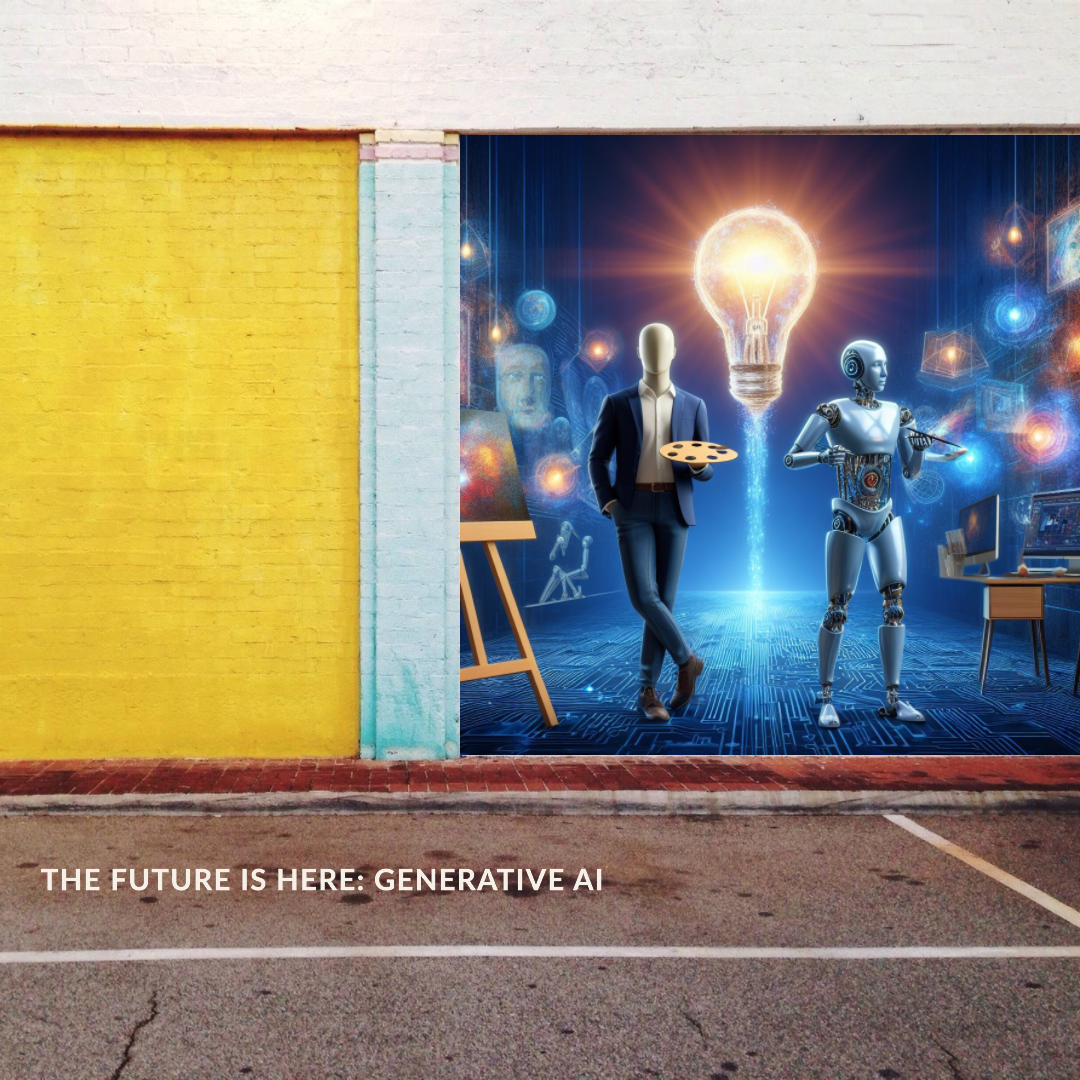In a recent blog post, Forrester argues that generative AI represents a seismic shift for businesses and society. Generative AI refers to systems like DALL-E and GPT-3 that can generate new content like images, text, video, and more from simple prompts.
Here are 5 key takeaways from the post and an analysis of the potential societal impacts:
- Generative AI lowers barriers for creating high-quality, customized content. With systems like DALL-E 2, anyone can now generate professional visuals and artwork on demand by simply describing what they want. This democratizes creativity and content creation.
- New generative AI models are arriving rapidly. 2022 saw an explosion in new generative AI systems for text, images, video, and more. Companies like Anthropic, Stability AI, and Google are releasing increasingly powerful models at a breakneck pace.
- Generative AI may automate some content creation jobs. As the technology improves, it may replace certain repetitive, formulaic content creation tasks like basic graphic design, writing simple news articles, etc. This could disrupt some creative professions.
- But it also creates new human roles. Humans are still needed to provide creative direction, prompt engineering, content curation, and to ensure responsible AI use. New roles may emerge coaching and directing AI creatively.
- Brands can benefit from personalizing engagements. Generative AI allows infinitely customizable, one-to-one personalization. A travel company can automatically generate a custom digital brochure for each customer’s unique interests.
While exciting, generative AI introduces some societal concerns. Two issues stand out:
First is the potential for misuse related to disinformation, copyright infringement, and content harm. Safeguards are needed to prevent abuse. Second, generative AI may disrupt creative industries and automation could lead to job losses in certain areas. Transition programs for displaced workers could help address this.
The impacts of generative AI will depend on how it is steered.
A cautious, responsible approach focused on augmenting human creativity could lead to positive outcomes. But an uncontrolled deployment risks negative consequences. Constructive dialogue between developers, lawmakers, and the public is critical.
The path forward likely lies between two extremes – neither banning the technology nor advancing recklessly. With a thoughtful approach, generative AI could usher in an age of enhanced creativity, productivity and customization benefiting both businesses and society. But we must ensure it does not sacrifice safety, quality and ethics for speed. If harnessed responsibly, this new wave of AI could allow imagination, empathy and the uniquely human spark for creativity to shine even brighter.


